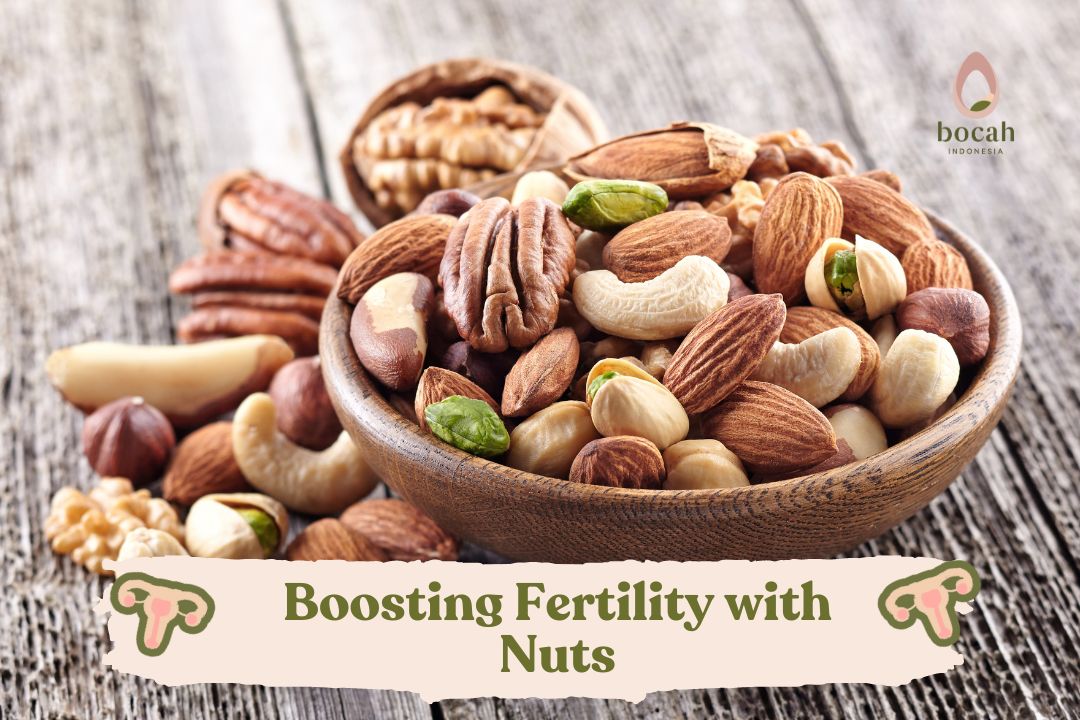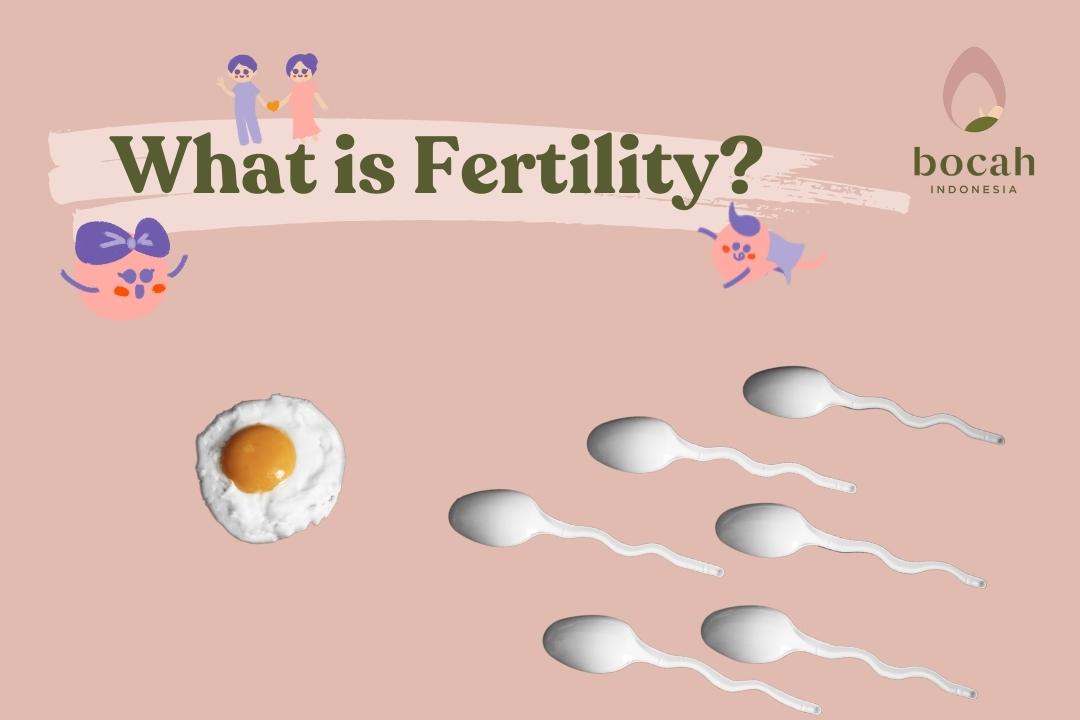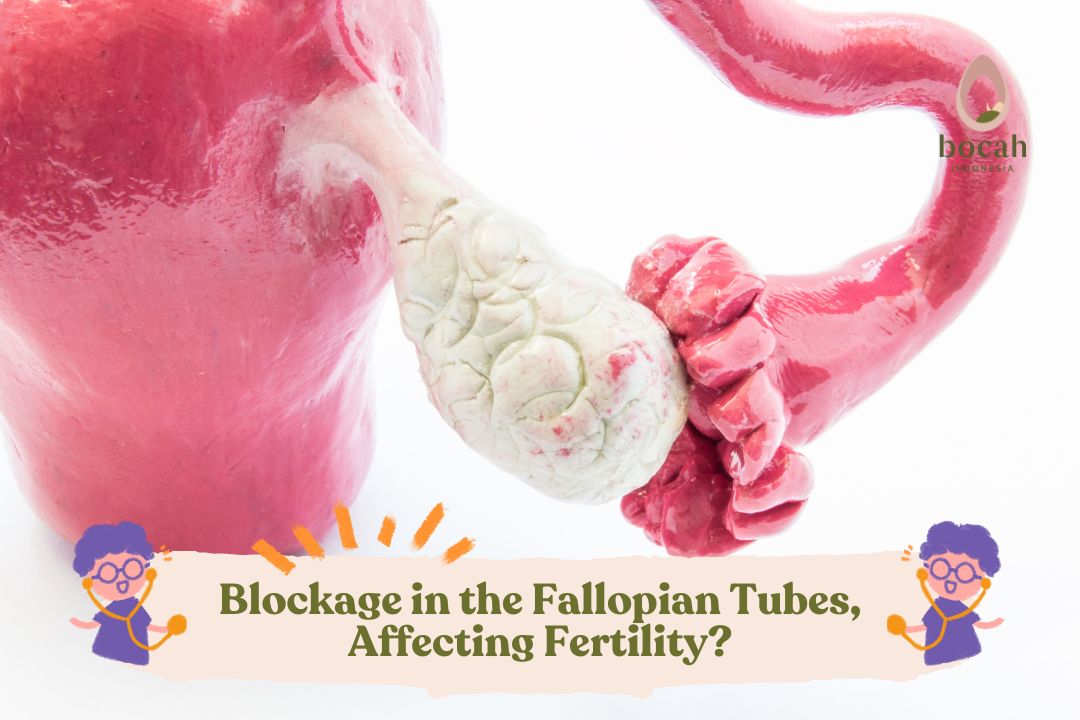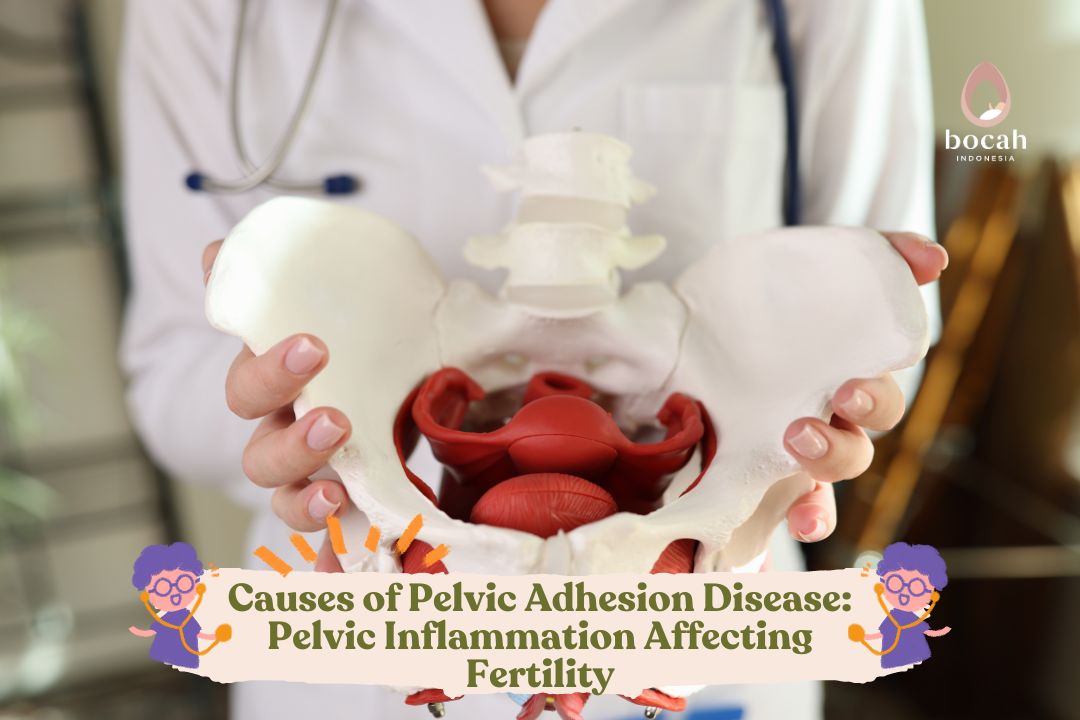Boost Fertility with Nuts

Consuming mung beans is believed to increase fertility. Find out the facts about nuts and fertility here!
Who doesn’t love munching on nuts while watching TV? Nuts are not only a tasty snack but also a healthy choice that can provide significant benefits for the body. Nuts contain extraordinary nutrients, ranging from protein and fiber to vitamin E, magnesium, omega-3, and unsaturated fats.
Recently, consuming nuts has been associated with fertility benefits. Not only for fathers, but consuming various types of nuts is also believed to boost fertility for mothers. Find out more here.
Benefits of Nuts for Fertility
Nuts are not only a delicious snack but also a vital source of nutrients that can support fertility for both fathers and mothers. Here are some benefits of nuts for fertility:
1. Improving Sperm Quality
Nuts like walnuts, almonds, and hazelnuts contain various nutrients such as protein, omega-3 fatty acids, folate, antioxidants, vitamin E, zinc, and selenium. These nutrients play a crucial role in maturing sperm and protecting it from damage caused by free radicals, thus improving sperm quality.
Tanya Mincah tentang Promil?
2. Regulating Testosterone Hormones
The combination of nutrients in nuts can also help regulate testosterone hormones in fathers. Balanced testosterone levels are key to male fertility, as they affect the quantity, shape, and motility of sperm.
3. Enhancing Reproductive Health
Nuts contain many essential nutrients that benefit not only fertility but also the overall reproductive health of both fathers and mothers. These nutrients help maintain the health of reproductive organs, increase the production of reproductive hormones, and support optimal body functions.
4. Boosting Overall Health
In addition to direct fertility benefits, nuts also help improve overall health. They are rich in fiber, vitamins, minerals, and antioxidants that help maintain the immune system, reduce the risk of chronic diseases, and increase energy and vitality. By consuming nuts regularly as part of a balanced diet, fathers and mothers can enhance fertility and maintain reproductive and overall health.
Types of Nuts for Fertility
Here are some types of nuts that are beneficial for supporting fertility in both fathers and mothers:
1. Almonds
Almonds are a good source of vitamin E, which has been proven to improve sperm quality in fathers and fertility in mothers. Vitamin E also acts as an antioxidant that protects reproductive cells from damage caused by free radicals. Additionally, almonds contain selenium and zinc, two important minerals that play a role in fertility.
2. Walnuts
Walnuts are rich in omega-3 fatty acids, which have been shown to improve blood circulation to reproductive organs, enhance sperm quality in fathers, and support hormone balance in mothers. Walnuts also contain vitamin E and other antioxidants that protect reproductive cells from oxidative damage.
3. Brazil Nuts
Brazil nuts are an excellent source of selenium. Selenium is necessary for the production of healthy sperm in fathers and for regulating the menstrual cycle in mothers. A deficiency in selenium can lead to fertility problems.
4. Hazelnuts
Hazelnuts are rich in folic acid, iron, and vitamin E. Folic acid is important for reducing the risk of neural tube defects in babies and enhancing fertility in mothers. Iron is also crucial for reproductive health, while vitamin E helps protect reproductive cells from damage.
5. Soybeans
Soybeans contain phytoestrogens, which can help maintain hormone balance important for fertility in both fathers and mothers. Soybeans are also rich in plant-based protein and fiber.
6. Lentils
Lentils are a source of plant-based protein rich in fiber and iron. Iron is important for reproductive health because it helps transport oxygen throughout the body, including to the reproductive organs.
7. Pecans
Pecans contain antioxidants and minerals such as zinc. Zinc is important for sperm health in fathers and for regulating the menstrual cycle in mothers.
8. Pistachios
Pistachios are rich in iron, protein, and healthy fats. Iron is necessary for the production of red blood cells and for transporting oxygen throughout the body, including to the reproductive organs. Healthy fats help maintain hormone balance, which is important for fertility.
Consuming these various types of nuts regularly as part of a balanced diet can help improve fertility in both fathers and mothers.
Natural Ways to Increase Fertility
Nuts might be just one way to help parents achieve their dream of having a child. There are many factors that can affect fertility.
In addition to consuming nuts, parents should adopt a healthy and balanced lifestyle to support the success of their pregnancy program. Here are some healthy lifestyle habits that parents can adopt:
1. Eat Healthy Foods
Consume healthy foods rich in essential nutrients such as fruits, vegetables, whole grains, healthy proteins, and healthy fats. These nutrients help maintain hormone balance and support reproductive health for both parents.
2. Exercise Regularly
Regular physical activity can help maintain a healthy weight, improve blood circulation to reproductive organs, and reduce stress, all of which are important for fertility.
3. Manage Stress
Stress can affect the balance of reproductive hormones and disrupt the menstrual cycle. Find ways to manage stress such as meditation, yoga, or other enjoyable activities that can be done together as a couple.
4. Avoid Smoking and Excessive Alcohol Consumption
Smoking and excessive alcohol consumption can negatively impact fertility in both fathers and mothers. Encourage each other to quit smoking and limit alcohol intake.
5. Maintain a Healthy Weight
A healthy weight is important for fertility. Being overweight or underweight can disrupt the menstrual cycle in mothers and affect sperm production in fathers. Support each other in achieving and maintaining a healthy weight.
6. Avoid Exposure to Harmful Substances
Avoid exposure to harmful substances such as pesticides, hazardous chemicals, and radiation that can damage sperm and egg quality. Ensure that your home and workplace environments are safe and free from these harmful substances.
7. Regular Health Check-ups
Schedule regular health check-ups with a doctor or fertility specialist together to ensure there are no health issues that could affect fertility.
8. Maintain Reproductive Health
Adopt healthy habits to maintain reproductive health, such as keeping the reproductive organs clean, avoiding sexually transmitted infections, and managing any health conditions that may affect fertility.
By adopting a healthy lifestyle and making small changes, parents can naturally increase fertility and improve their chances of having children. Read more tips about a healthy lifestyle for pregnancy programs or read other parents’ success stories in pursuing pregnancy programs on Bocah Indonesia.
This article has been medically reviewed by Dr. Chitra Fatimah.
Source:
- Skoracka, K., et al. (2021). Female Fertility and the Nutritional Approach: The Most Essential Aspects. Adv Nutr. 2021 Nov; 12(6): 2372–2386. https://pubmed.ncbi.nlm.nih.gov/34139003/
- Abdullah, et al. (2021). Glutathione (GSH) Improves Sperm Quality and Testicular Morphology in Streptozotocin-Induced Diabetic Mice. Asian Journal of Andrology, 23(3), pp. 281. https://www.ncbi.nlm.nih.gov/pmc/articles/PMC8152417/
- Panth, et al. (2018). The Influence of Diet on Fertility and The Implications for Public Health Nutrition in the United States. Frontiers in Public Health, 6, pp. 211. https://pubmed.ncbi.nlm.nih.gov/30109221/
- Mayo Clinic (2023). Infertility.
- Brown, M.J. Healthline (2023). 16 Natural Ways to Boost Fertility.










